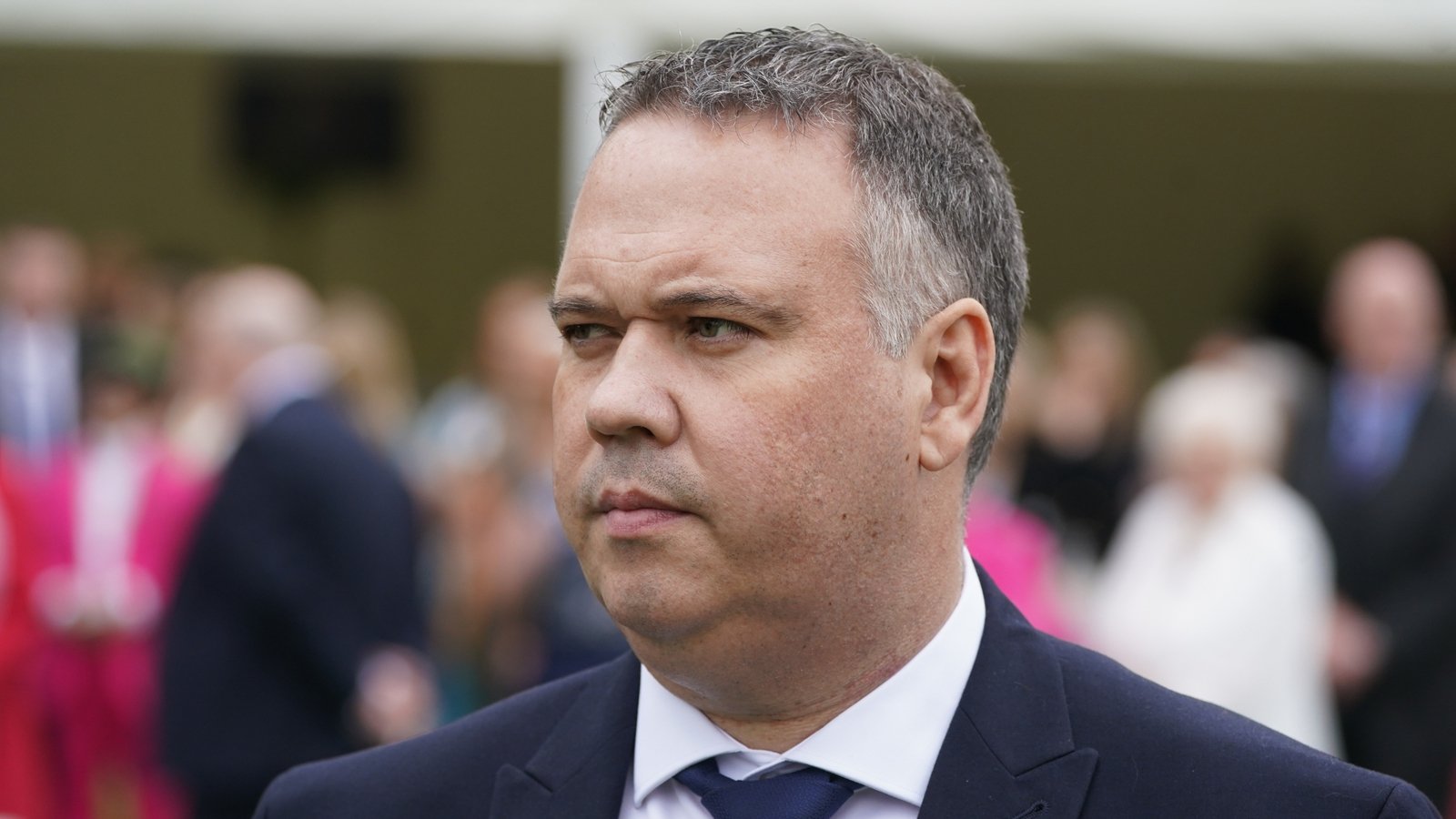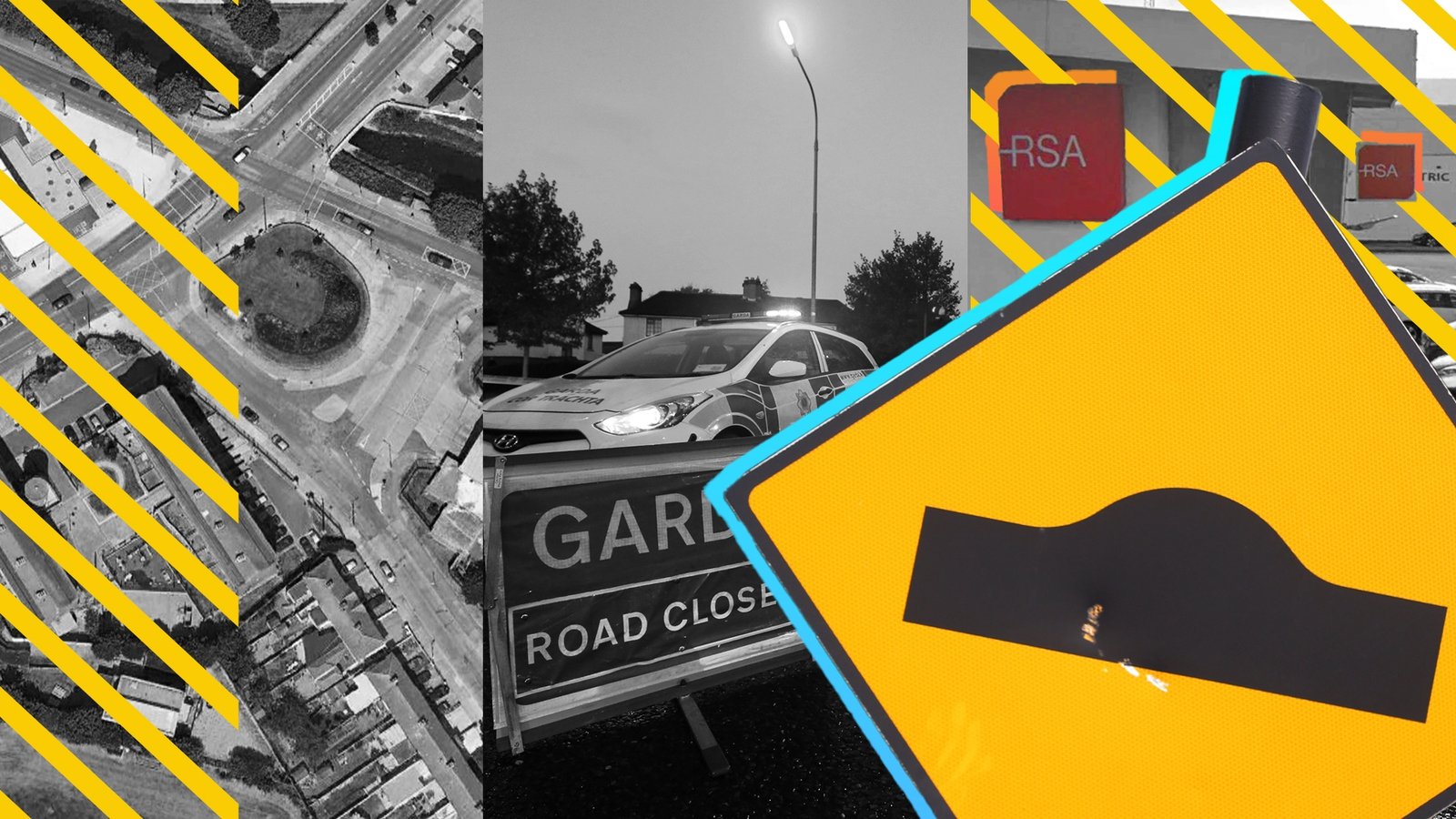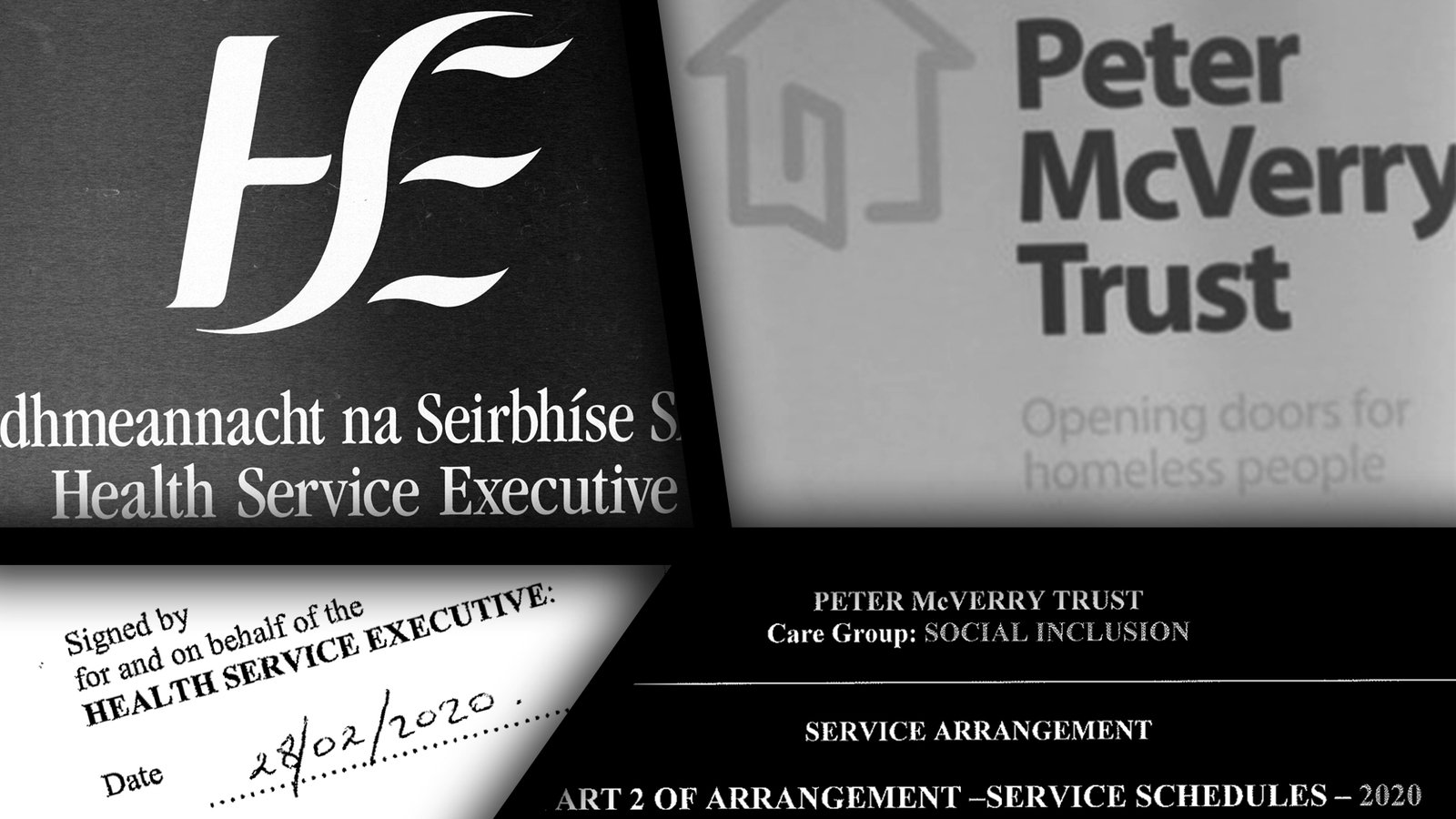Ireland leads call for EU to adopt Nature Restoration Law
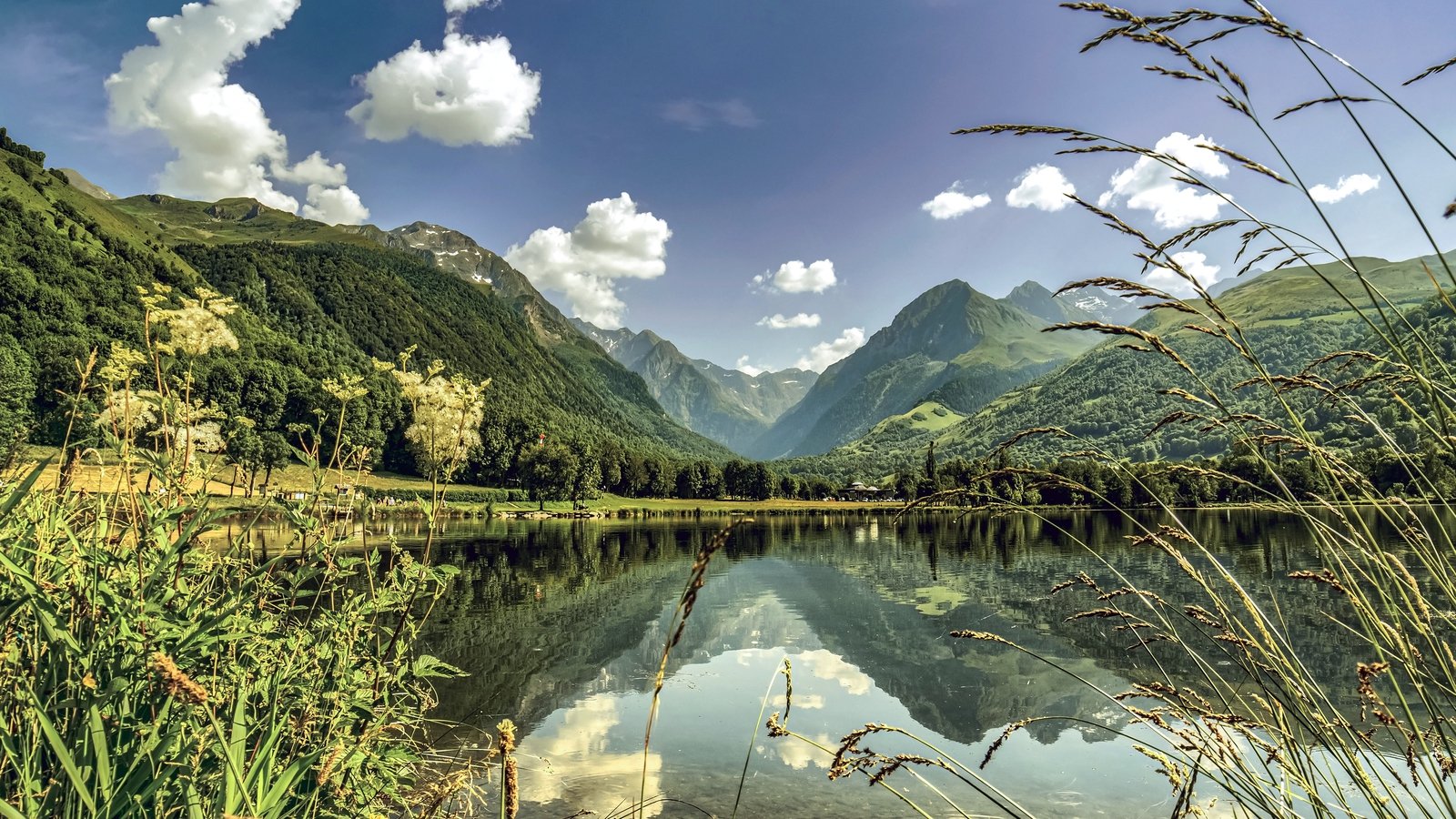
Ireland is leading a call for European Union member states to vote to adopt the controversial Nature Restoration Law at the next EU council meeting in June.
A letter urging fellow ministers across the EU to approve the law, sent by Minister for the Environment Eamon Ryan and Minister for Nature and Heritage Malcolm Noonan, has now been co-signed by ministers from ten other countries.
The controversial law, which aims to restore degraded habitats, would set legal requirements for rewetting peatlands and restoring nature across the EU, including in Ireland.
The negotiating mandate for the law was originally approved, but only by qualified majority, at the European Environment Council in June last year.
This was followed by a very difficult and highly controversial passage through the European Parliament before it was narrowly approved by that assembly at the end of February this year, after elements of it were watered down.
This was only possible due to political compromise, new assurances for stakeholders and industry, and what was described as a shared faith in the democratic institutions of the EU.
Since then, however, some countries have withdrawn or weakened support for the law at the European Council.
This followed strong protests and objections to its strict environmental measures from farmers and others across the EU.
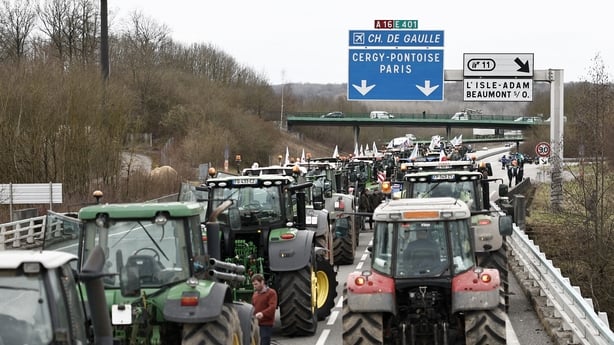
Hungary’s announcement in March that it would no longer support the legislation eliminated a wafer-thin majority in the European Council in favour of the Nature Restoration Law and led to the final EU Council vote to decide the issue being called off.
The race is now on to convince the objectors to change their mind before a final make-or-break vote on the matter on 17 June.
The stakes in terms of the restoration and protection of nature and biodiversity across the EU are very high.
More than 80% of EU habitats are in bad or poor conservation status, 70% of EU soils are in an unhealthy condition and wetlands have declined by 50% since the 1970s.
The proposed law includes ambitious goals for wild birds, bees, butterflies, free-flowing rivers, woodlands and oceans, with valuable co-benefits for climate and water.
Towns and cities would also benefit through provisions for green space, linking up wild places and planting native trees.
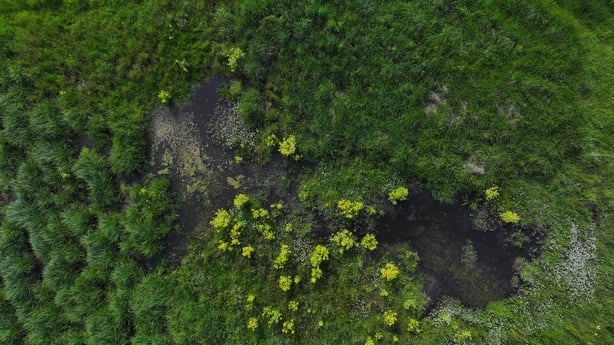
It also has the potential to support climate action goals by reducing carbon emissions from the land use sector, increasing carbon sequestration and improving climate adaptation and resilience through the enhancement of natural buffers against flooding and coastal inundation.
Water quality and the ecological health of rivers, lakes and coastal areas would also be enhanced.
The letter sent to fellow EU ministers by Mr Ryan and Mr Noonan said it was vital that member states show leadership and unity on the law to restore Europe’s already degraded nature, and to respect the views of millions of citizens, scientists and industries right across the union who have engaged with the issue at an unprecedented level.
The states that have signed up to approve the Nature Restoration Law to date are Germany, France, Spain, Denmark, Luxembourg, the Czech Republic, Lithuania, Slovenia, Estonia and Cyprus, as well as Ireland.
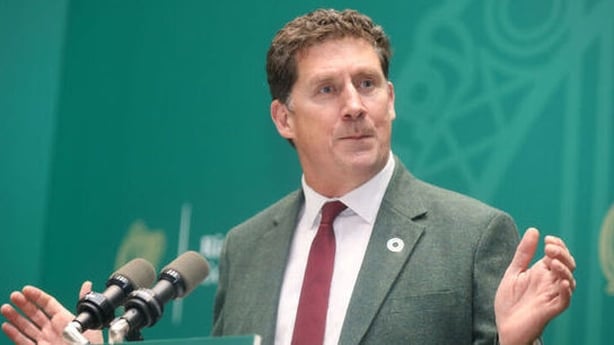
These 11 have said that failure to approve the law would mean the EU resiling on its previous commitment to be a global leader in nature restoration.
They also argue that backtracking on agreed negotiations and compromises would jeopardise Europe’s democratic institutions and call into question the entire EU policy-making and decision-making processes.
They will now write to ministers of the other 16 member states and to the European Commission urging a change of heart.
It is also understood that a range of non-government organisations across the EU will come together to campaign on the critical importance of the law for the protection of Europe’s land and sea.
Mr Ryan said: “Europe is the fastest warming continent in the world and is facing unprecedented impacts from the intertwined nature and climate crises. Restoring ecosystems is essential to mitigate and adapt to the impacts of climate change, and to safeguard European food security.
“We must act urgently and decisively to conclude the political process. Failure to do so would be a carte blanche to destroy nature and would fundamentally undermine public faith in the EU’s political leadership at home and internationally.”
Mr Noonan said: “Europe made a commitment to be a global leader in nature restoration and to adhere to the ambition set out in the Kunming-Montreal Global Biodiversity Framework (GBF) which was adopted by 196 countries, including the European Union and Member States, in December 2022.
“Failure to uphold this is unconscionable. We will have to go to the United Nations Biodiversity Conference in October later this year and say we are resiling from our international promises to protect our lands and seas.
“Worse, we will seriously undermine efforts across the EU to restore our damaged and degraded ecosystems. People depend on nature for much more than we realise. This isn’t just about protecting the natural world, it’s about protecting civilisation and life as we know it.”

